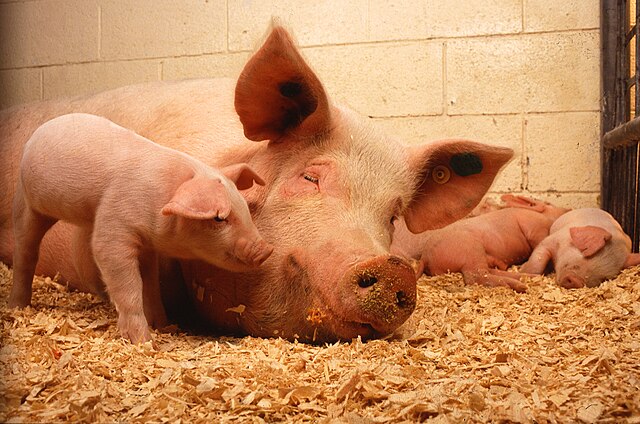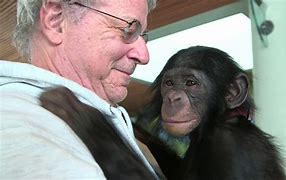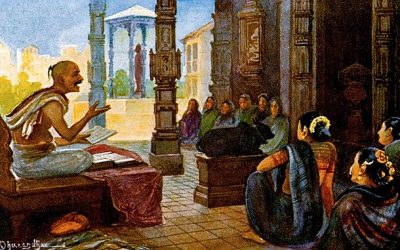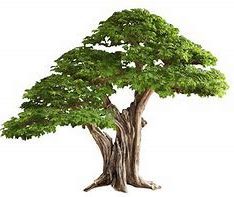
Animal Rights

CELDF and the Universal Declaration of the Rights of Mother Earth
In 2010, Bolivia hosted the World People’s Conference on Climate Change and the Rights of Mother Earth. A key outcome of the conference was the Universal Declaration of the Rights of Mother Earth, which Community Environmental Legal Defense Fund (CELDF) assisted in drafting. CELDF mission is to build sustainable communities by assisting people to assert…

New Guidebook for U.S. Tribal Nations in Adopting Rights-of-Nature Laws
As highlighted in a Mongabay Series: Indigenous Peoples and Conservation, Indigenous-led conservation A newly published guidebook is the latest contribution to this effort. Published by the Native-led Bioneers Indigeneity Program, the Guide to Rights of Nature in Indian Country provides strategies and resources for Indigenous communities interested in enacting laws granting ecosystems, landscapes and species legal rights and personhood. Bioneers…

Deep Ecology Movement: Organizing Principals
In the early 1970s, after three decades teaching philosophy at the University of Oslo, Mr. Naess (pronounced Ness), an enthusiastic mountain climber and an admirer of Rachel Carson’s “Silent Spring,” threw himself into environmental work and developed a theory that he called deep ecology. Naess suggested that the environmentalist movement needed to do much more…

‘Legal Animism’: When a River or Nature goes to Court –
“Legal Animism” actually appeared for the first time in the writings of French legal researcher Marie-Angèle Hermitte. In Ecuador and in Bolivia, we can find a common undercurrent of influences or frictions that pervades these two colliding worldviews. All at once, influences from North American environmental lawyers meld with the use of the divine Earth Mother…

Steven Wise, Champion of Animal Rights, Is Dead at 73
Adapted from an obituary by reporter for The NY Times Sam Roberts, NYT Feb. 22, 2024 Steven M. Wise, an animal rights lawyer, died on Feb. 15 at his home in Coral Springs, Fla. He was 73. The cause was complications of glioblastoma, an aggressive form of brain cancer, his child Siena Wise said. Wise wrote…

Animal rights or animal worship?
Hindu and Buddhist societies abandoned animal sacrifice and embraced vegetarianism from the 3rd century BCE. One of the most important sanctions of the Jain, Hindu and Buddhist faiths is the concept of ahimsa, or refraining from the destruction of life. According to Buddhist belief, humans do not deserve preferential treatment over other living beings. The Dharmic interpretation of this doctrine prohibits the killing of any living being. Ancient Tamil works such as the Tolkāppiyam and Tirukkural contain…

ANIMAL RIGHTS: DEFINITION, ISSUES, AND EXAMPLE
“Animal rights advocates believe that non-human animals should be free to live as they wish, without being used, exploited, or otherwise interfered with by humans. The idea of giving rights to animals has long been contentious, but a deeper look into the reasoning behind the philosophy reveals ideas that aren’t all that radical. Animal rights advocates want to distinguish animals from inanimate objects, as they are so often considered by exploitative industries and the law.”

